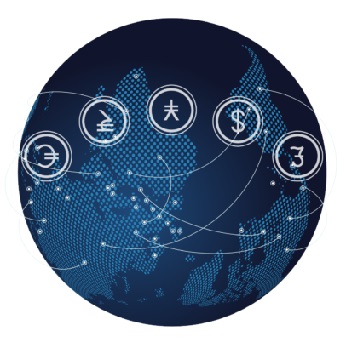The Federal Ministry of Agriculture and Food Security (FMAFS), in partnership with the National Identity Management Commission (NIMC), has introduced a National Identity Number (NIN)-enabled farmer registry and Government-to-People (G2P) card initiative.
Announced in a joint statement by the FMAFS and NIMC, the project is part of President Bola Tinubu’s Renewed Hope Agenda to enhance transparency, inclusivity, and service delivery in the agriculture sector.
The initiative addresses identity and authentication issues that have hindered effective government program delivery to farmers. It integrates NIN-linked biometric data into a detailed farmer registry, including information such as farmland size, crop or livestock type, and agricultural metrics.
The G2P card connects this biometric registry to targeted aid programs, ensuring secure and direct delivery of subsidies, financing, and other government benefits. It features a biometric chip with multiple wallets, enabling verifiable identification and financial transactions, even in areas without internet access.
According to the statement, the G2P card supports key agricultural services, including:
– Farmer financing and input distribution.
– Farmland mapping tied to individual identities.
– Monitoring and evaluation of extension services.
– Agency banking and third-party agricultural services.
The card’s flexibility allows the FMAFS to manage programs across the agriculture value chain while mitigating risks and fraud. It is available to all Nigerians and legal residents, whether banked or unbanked.
A bespoke biometric Point of Sale (POS) device processes the G2P cards, allowing the Ministry to provide services in remote areas despite infrastructure challenges. The card doubles as a prepaid digital wallet for subsidies, loans, and welfare disbursements, enhancing efficiency and scalability.
NIMC also plans to introduce a general multipurpose ID card powered by AFRIGO, a Nigerian card company. This card will combine identification and financial transaction functionalities, forming a key policy cornerstone for the country by 2025.
The FMAFS-G2P initiative represents a significant step toward achieving food security, reducing fraud, and improving government service delivery in Nigeria’s agriculture sector.










